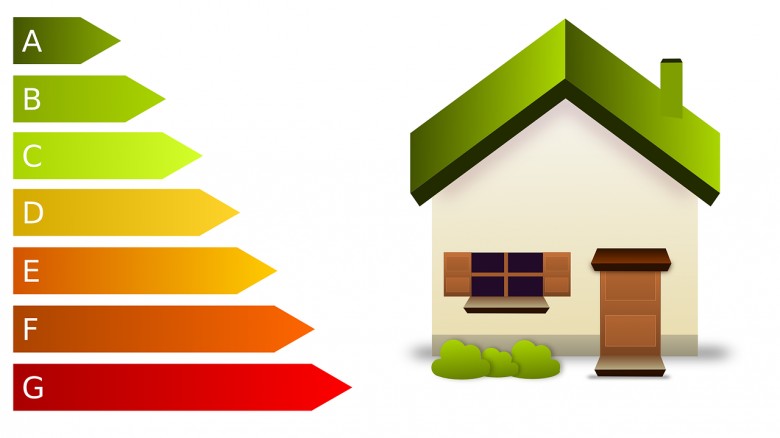October, 2019

An Energy Performance Certificate - or EPC - provides information about the energy efficiency of a property. You’ll need one if you’re planning to sell your house in Bramhall and while an EPC is a necessary expense, it can provide valuable information for potential buyers as well as sellers.
Introduced in 2007, from the discontinuation of the Home Information Pack, for domestic and commercial properties, EPCs illustrate how much energy a property uses and gives recommendations about increasing efficiency. At a time when energy prices show no sign of falling, making a property more energy efficient could generate hundreds of pounds in savings for households each year.
How is an EPC created?
An Energy Performance Certificate can only be issued by an accredited domestic energy assessor or home inspector, who will visit a property to assess its efficiency.
The assessor will examine key energy-related elements of the property, such as the domestic boiler, radiators, the hot water tank, windows and loft insulation. They’ll also consider the age and construction of a property, along with the floor area, which will be used to work out how much energy is consumed per square metre.
How much insulation has been installed, whether the property uses energy-efficient lightbulbs, if the pipes around the water tank are lagged and how airtight the property is are all factors that can influence the rating given by the assessor.
What does an EPC show?
Once the assessment is complete, the inspector will input the collected data into a computer programme to calculate the property’s energy use and environmental impact. The system uses pre-determined assumptions to evaluate the performance of the building.
The property will then be given a grade from A to G to signal its energy efficiency, with A being very efficient and G being the least efficient. The same scale is used to show a property’s environmental impact in terms of projected CO2 output.
Estimated energy costs for the property will be generated, indicating how much is spent on lighting, heating and hot water. As well as grading the property’s current energy performance, the EPC shows the building’s potential to ascend the scale and reduce energy costs with some improvements, which are outlined in the accompanying Recommendation Report.
The Recommendation Report
A Recommendation Report is created alongside the EPC to illustrate how the property’s energy performance could be improved. The report takes into account energy efficiency, fuel bills and the property’s environmental impact.
Recommendations are split into lower and higher cost improvements. Lower cost measures are typically under £500 and higher cost improvements are usually more than £500.
Among the suggested lower cost measures might be switching to energy-efficient lighting and installing a thermostat for the hot water cylinder. A higher cost improvement may be upgrading to a condensing boiler.
Further improvements may also be listed for consideration, such as switching to double glazed windows or installing solar panels.
Why is the EPC relevant to property sales?
Whether you’re planning to sell your house in Bramhall or buy a property in Cheadle Hulme, an EPC is useful when it comes to budgeting and identifying potential.
Having an EPC prepared before you put your home on the market can highlight energy improvements you might want to make before listing your property for sale, to ensure it has the best chance of achieving the desired price.
For buyers, an EPC can illustrate how much you’ll need to spend running the property as well as highlighting potential improvements that could add value further down the line.
Speak to your friendly Bramhall estate agent Leighton Snow about having an EPC prepared for your property - our qualified in-house assessor can conduct an inspection and supply you with an EPC that’s valid for ten years. The service is included in the price of our top sales package, too - find out more here.

